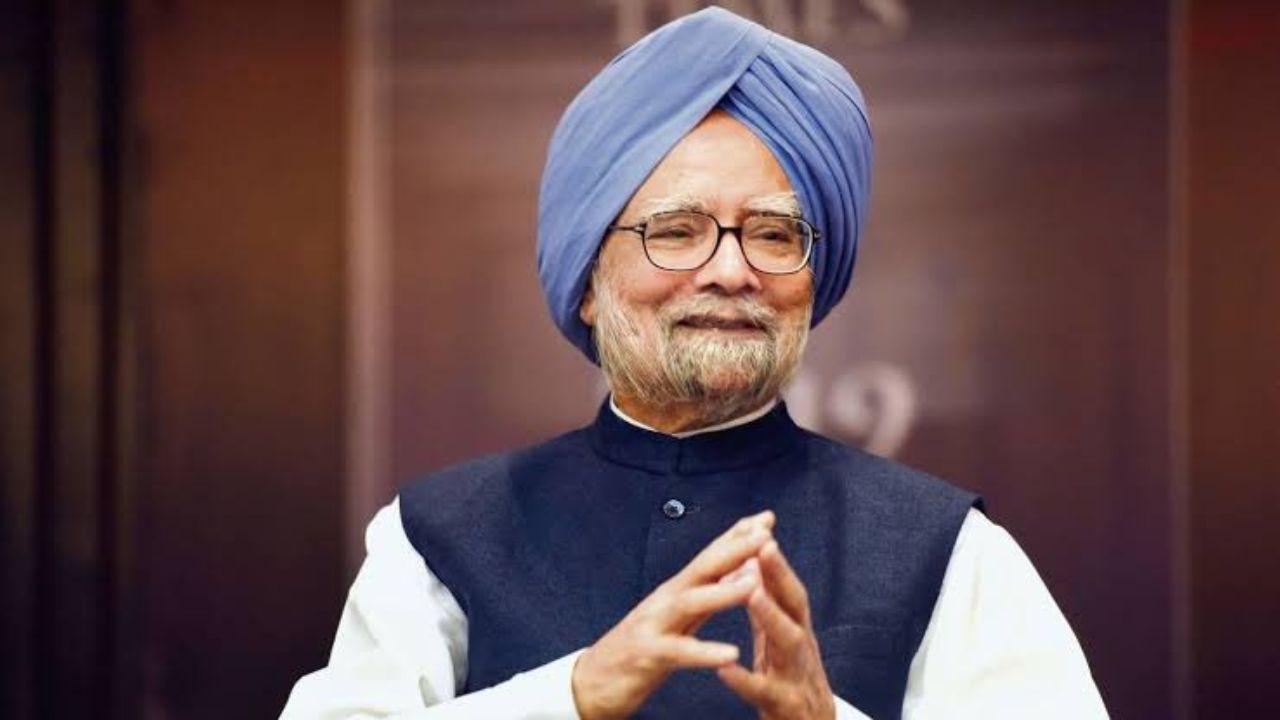Dr Manmohan Singh, a renowned economist and former Prime Minister, will turn 91 on September 26, 2023. As India celebrates his birthday, it's an opportune time to reflect on the transformative reforms he brought to the country during his tenure.

Dr Manmohan Singh/ File Photo
Dr Manmohan Singh, a renowned economist and former Prime Minister, will turn 91 on September 26, 2023. As India celebrates his birthday, it's an opportune time to reflect on the transformative reforms he brought to the country during his tenure. Dr Singh's leadership was marked by a commitment to economic liberalisation, social development, and diplomatic engagement. His legacy continues to shape India's growth trajectory.
ADVERTISEMENT
Economic Liberalisation:
Dr Manmohan Singh's most significant contribution to India's economic landscape was his role in ushering in economic liberalization in 1991 as the Finance Minister under Prime Minister Narasimha Rao. This set of reforms, often referred to as the "Manmohan Singh reforms," included:
- Liberalisation of Trade: Singh reduced import tariffs, encouraging foreign investment and making it easier for Indian businesses to compete globally.
- Deregulation: The government reduced its control over various industries, allowing greater autonomy for businesses.
- Financial Sector Reforms: These reforms led to the establishment of private banks and opened up the insurance sector to foreign investment, promoting competition and financial inclusion.
- Fiscal Reforms: Singh focused on fiscal discipline, which stabilised the economy and helped reduce inflation.
- Privatisation: State-owned enterprises were privatised or restructured to improve efficiency and reduce government intervention.
Social Development Initiatives:
While known for his economic reforms, D Manmohan Singh also prioritised social development:
- Rural Employment Guarantee Scheme: The Mahatma Gandhi National Rural Employment Guarantee Act (MGNREGA) provided livelihood security to millions of rural Indians by guaranteeing 100 days of wage employment per year.
- Right to Education: The Right to Education Act was enacted to ensure free and compulsory education for children between the ages of 6 and 14.
- National Rural Health Mission: This initiative aimed to provide accessible, affordable, and quality healthcare to India's rural population.
- Food Security: The National Food Security Act aimed to provide subsidized food grains to two-thirds of India's population, ensuring food security for millions.
- Women's Empowerment: Dr Singh's government promoted women's empowerment through various schemes, including financial inclusion and education.
Diplomatic Achievements:
During his tenure, Dr Manmohan Singh strengthened India's diplomatic ties with the world:
- Nuclear Deal with the US. The historic India-US civil nuclear agreement marked a significant shift in India's international standing, enabling cooperation on nuclear energy.
- Improved Relations with Neighbors: Dr. Singh's government focused on building better relations with neighboring countries, including Pakistan and China, fostering regional stability.
- Economic Diplomacy: He actively engaged in diplomatic efforts to boost trade and economic ties with countries worldwide.
- Climate Change Leadership: India under Dr. Singh played a vital role in international climate negotiations, advocating for sustainable development.
 Subscribe today by clicking the link and stay updated with the latest news!" Click here!
Subscribe today by clicking the link and stay updated with the latest news!" Click here!








